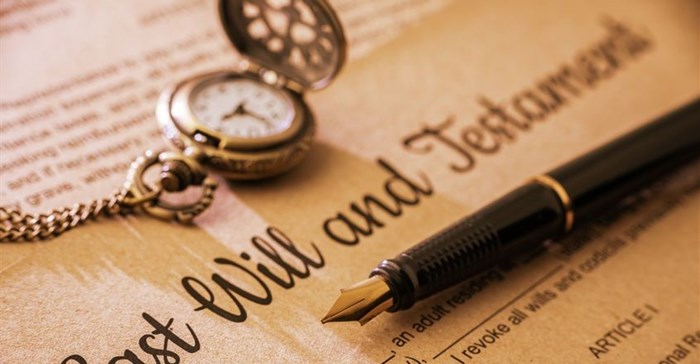Trusts have long been the silver bullet for estate planning, but the way in which our living situations, financial planning, tax and legal provisions have changed over the past few decades, means that trusts are no longer a good financial decision for many people.
The problem is most South Africans who reach retirement age haven’t made adequate financial provision, according to a recent report by Sanlam investment plan, Glacier. The problem is living, not dying.
Changing environment
Way back when the man of the household would often join a company for life and when he retired, he would receive a pension fund from the company.
With a stay-at-home wife and a few kids, a husband would perhaps see it as a wise financial decision to set up a trust for his wife, who would probably outlive him by at least a decade or so.
In this case, protecting wealth made more sense, but people of today are living much longer and the money that they have saved has to go a lot further.
Instead of considering your 20-year-old children who still need to study and start a family, many people live well into their 70s, 80s and even 90s. By the time they pass away, their children are often well into their 40s and able to support themselves.
Instead of being primarily focused on the amount of wealth that their children will inherit, the average middle class person should be much more concerned with issues such as whether their wealth will be able to support them until they die. There are instances where people have accumulated an enormous amount of wealth over their lifetime and need to preserve it for future generations, but most people don’t have this problem.
If your estate is big enough, then you could still benefit from having a trust, but this only constitutes a small portion of the South African population. The reason why the rest of the people should think twice before establishing a trust is because with recent law changes the use of a trust may increase the tax liability.
Tax issues are either misguided or no longer relevant
A trust is taxed significantly more than an individual would be taxed. While there are options available to avoid being taxed heavily, this doesn’t necessarily solve the problem or give effect to the original estate plan.
The law surrounding estate duty and tax have changed significantly over the past decade, and some of the standard estate planning principles are no longer relevant. We no longer need the trust to secure the full benefits of the estate exclusions.
There is a cost to setting up and continuously administering the trust, as well as a cost to getting the assets into the trust. If the founder of the trust ends up using the value attributed to the trust for his/her retirement years, then the trust has little value in estate planning.
With the more recent tax law amendments that focus on the loans created to facilitate transferring the assets to the trust, there is an additional tax liability. Either the loan is interest free, or low interest, which results in a deemed donation each year; alternatively charging the required interest on the loan results in the increase in the loan value (effectively increasing the estate value) as well as increasing the founder’s taxable income with the interest earnings.
The current challenge most who have trusts setup to hold assets have, is how to get rid of the contra loan accounts.
It is important to note that a trust is not only used for tax planning purposes, as the trust could still be an effective way to protect your assets.
Anyone considering setting up a trust, and individuals who currently have assets in a trust, need to be asking their financial advisors a few critical questions such as: is there really value in having a trust and should a restructuring of the trust be considered to derive more benefit from it.
Having a trust just because it’s something that made financial sense in the past doesn’t mean that it’s a good idea for you today. There are a lot of repercussions involved in setting up a trust, including the cost incurred to set it up and manage it. Understanding how big your estate is really going to be when you pass and how exactly you and your beneficiaries will benefit from the trust is your first step in the right direction. For the average citizen, however, focusing on a good retirement plan is much more important than being hell-bent on having a trust.




































